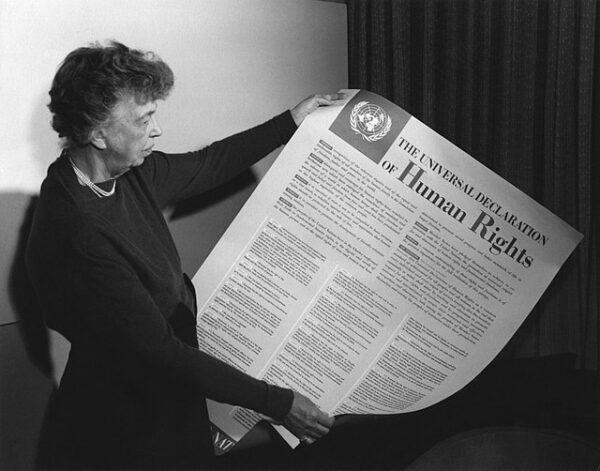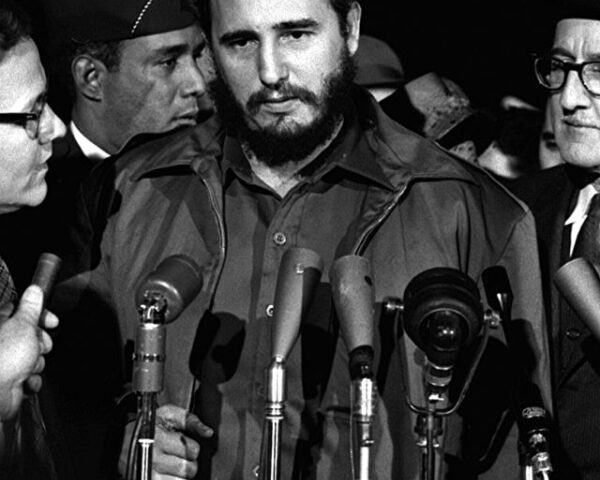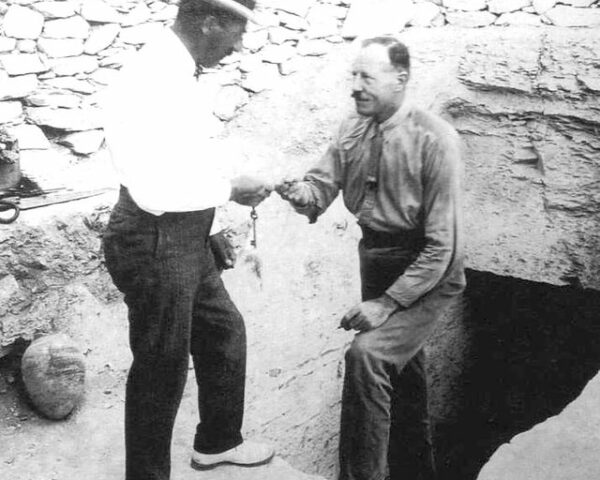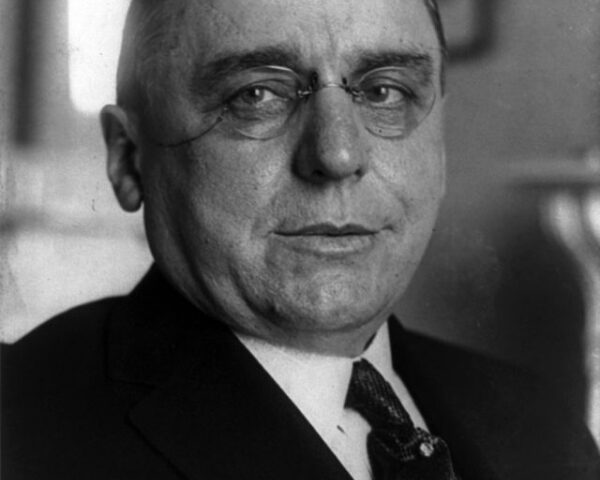Today the world commemorates the anniversary of a landmark event in human history: the signing of the Universal Declaration of Human Rights (UDHR) by the United Nations. Drafted in the aftermath of World War II, this foundational document, often referred to as the Human Rights Convention, was adopted by the United Nations General Assembly on December 10, 1948, in Paris, France. Its signing marked a pivotal moment in global efforts to safeguard human dignity, equality, and freedom.
The UDHR emerged from the ashes of a war that exposed the depths of human cruelty, mainly through the Holocaust and other atrocities. These events galvanized the international community to establish a framework ensuring that such violations of human rights would never recur. Under the guidance of Eleanor Roosevelt, who chaired the drafting committee, and representatives from diverse cultural and legal traditions, the declaration was crafted as a universal standard for human rights.
The declaration contains 30 articles that outline fundamental rights and freedoms to which all people are entitled, regardless of race, religion, gender, or nationality. These include the right to life, liberty, and security; freedom of expression, thought, and religion; and protection from torture, slavery, and discrimination. It also recognizes economic, social, and cultural rights, such as the right to education, work, and an adequate standard of living.
The signing of the Human Rights Convention signified a collective commitment to uphold these principles. It was not a legally binding treaty but served as a moral and political guide for nations to adopt in their laws and policies. Over time, its influence has extended far beyond its initial scope, inspiring numerous binding international treaties, regional human rights conventions, and domestic legislation.
December 10, known as Human Rights Day, is celebrated annually to honor the adoption of the UDHR. It serves as a reminder of the importance of protecting human rights and as a call to action against ongoing injustices. Despite the progress made, many of the rights enshrined in the declaration remain unfulfilled for millions around the world. Discrimination, poverty, armed conflict, and authoritarianism continue to threaten the ideals that the UDHR represents.
The signing of the Human Rights Convention also sparked the creation of international institutions aimed at upholding its principles. The United Nations Human Rights Council, established decades later, monitors and addresses human rights violations worldwide. The International Criminal Court prosecutes individuals responsible for crimes such as genocide, war crimes, and crimes against humanity. These mechanisms, though imperfect, reflect the global community’s determination to enforce accountability and justice.
The significance of the UDHR is also reflected in its role as a guiding document for civil society movements. From the American civil rights movement to the fight against apartheid in South Africa, activists have drawn inspiration from its articles to demand change. It has empowered marginalized groups to challenge oppression and claim their rights, reminding governments of their obligations to protect all citizens.
In education, the UDHR has been integrated into school curricula around the world, fostering a deeper understanding of human rights among younger generations. Its translation into over 500 languages, more than any other document, underscores its universal relevance and accessibility.
While the UDHR laid the foundation for modern human rights law, challenges remain. Issues such as climate change, mass migration, and the rise of digital surveillance have introduced new dimensions to the human rights landscape. These require innovative approaches to ensure that the declaration’s principles are upheld in the 21st century.
The signing of the Human Rights Convention on December 10 stands as a testament to humanity’s resolve to build a more just and equitable world. It is a beacon of hope and a reminder of the shared responsibility to defend human dignity against tyranny and oppression. As nations reflect on its enduring legacy, the UDHR continues to inspire efforts to create a future where human rights are truly universal.






